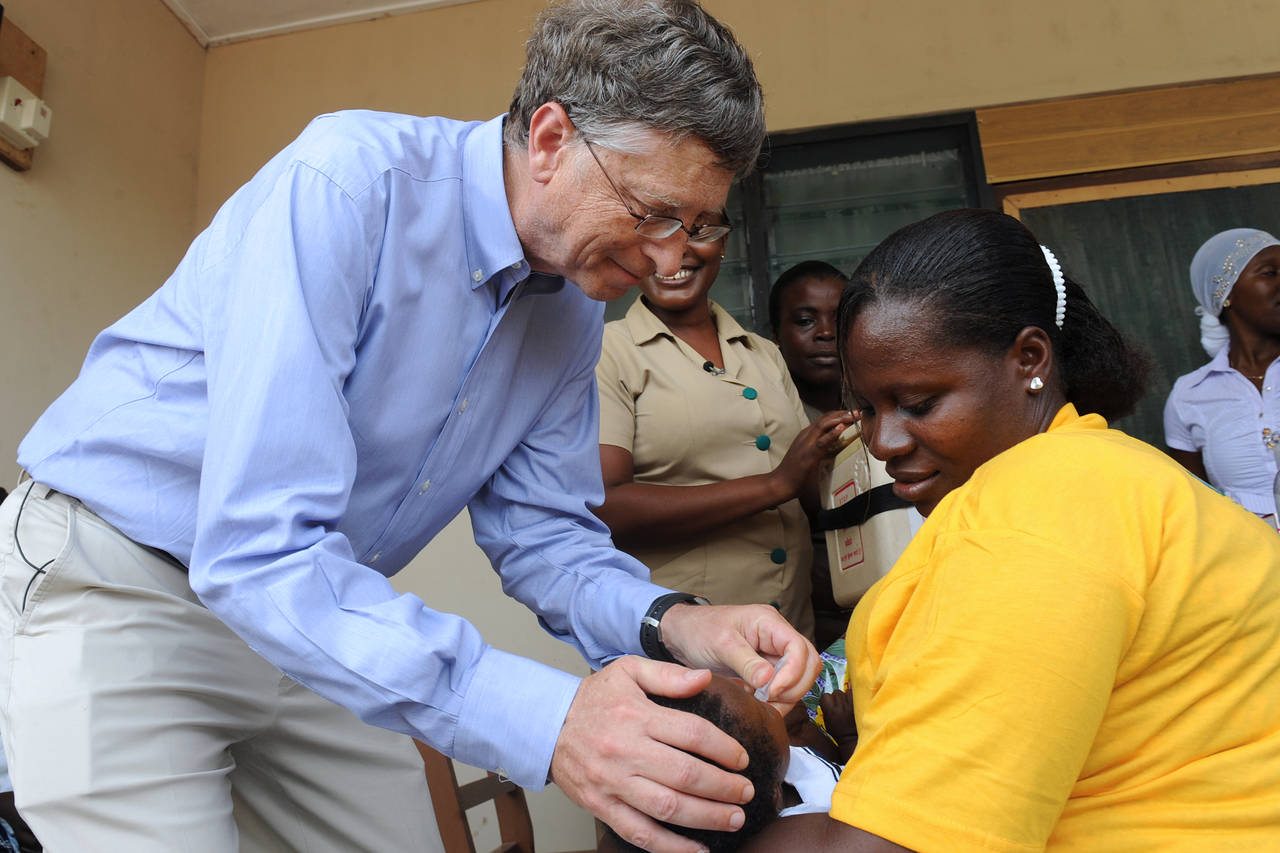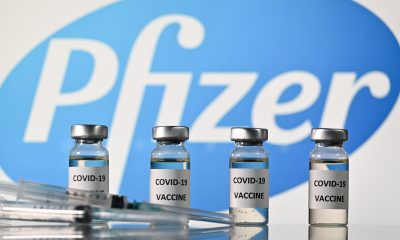The Bill & Melinda Gates Foundation is continuing its global push to support government-backed digital ID programs — this time setting its sights on Kenya, where it will advise the government on that country’s “Maisha Namba” digital ID initiative currently under development, Reclaim the Net reports.
According to the Kenyan Daily Post, Gates’ role in assisting the Kenyan government in its development and rollout of Maisha Namba was announced after a recent series of “closed-door meetings” with Kenyan President William Ruto.
“The billionaire, who is known to champion GMO [genetically modified organism] foods, has met Ruto in a series of meetings since he came to power with most of the engagements shrouded in secrecy,” the Kenyan Daily Post wrote.
“The deal will connect the government to key technical experts and partners who will offer professional advice to guarantee a smooth rollout,” Kenyans.co.ke reports.
According to Biometric Update, Maisha Namba is “expected to address different challenges such as identifying and authenticating citizens, safeguarding primary registration documents such as birth certificates and national identity cards and improving the management of social programmes and government operations.”
The identification number attached to Maisha Namba “will also be used to register for government services, including education, health insurance, tax and social security.”
But some experts said they believe the Maisha Namba program has other, unannounced, aims. Dr. Wahome Ngare, chairman of the Kenya Catholic Doctors Association, told The Defender that Maisha Namba will operate as a vaccination tracking program.
READ ALSO: How Pfizer hid nearly 80% of COVID vaccine trial deaths from regulators
“Maisha Namba — Kiswahili for ‘life number’ — is a biometric vaccination system for newborns that will replace birth certificates and help track children from birth to 5 years of age,” Ngare said. “It will be used to monitor and ensure all children receive their vaccines.”
Ngare said the Maisha Namba trial was conducted between February and March and is now being rolled out by the government, most likely as part of Universal Health Coverage.
He attributed Gates’ involvement with Maisha Namba to the involvement of entities such as Microsoft and Gavi, the Vaccine Alliance.
Gates supported biometric digital ID initiatives around the world, including the first such program, Aadhaar, launched in India in 2009. Aadhaar enrolled over 99% of all Indian adults, linking them with many public and private services. The program has generated controversy, which Gates has dismissed.
Other experts also expressed concerns similar to those of Ngare. California-based privacy attorney Greg Glaser told The Defender, “Vaccine passports were a test run for global biometric ID,” adding:
According to Business Daily Africa, such assistance to the Kenyan government is part of what the Gates Foundation sees as “vast opportunities that can be unlocked through the existence of a digital identity in Kenya.”
In a tweet, Julius Kibet Bitok, Kenya’s principal secretary for immigration and citizens services, said, “The digital identity system will provide Kenyans with a secure and reliable way to verify their identity for a variety of purposes, including accessing gov’t services, opening bank accounts, and traveling.”
“It will also help to reduce fraud and corruption, and improve efficiency,” he added.
READ ALSO: Microsoft billionaire, Bill Gates finds love again at 67, reportedly dating ex-Oracle president’s widow
Ngare questioned that theory. “On face value and if the government is the holder of the data and not third parties such as Microsoft or its minors, it may improve service delivery and reduce fraud as stated by government operatives,” Ngare said, adding that he doubted this would be the case.
Some activists argued that the Maisha Namba is indistinguishable from a previous digital ID effort attempted by the Kenyan government, the Huduma Namba, according to Kenyan outlet The Star. That program was declared unconstitutional by Kenya’s High Court in October 2021, for conflicting with the country’s Data Protection Act.
Other activist groups, led by the Kenyan Human Rights Commission, are “calling for a stronger legislative basis” and “warn of the possibility of discrimination and the erosion of privacy,” warning that public engagement has been “lacking,” as have “procedural and legal safeguards,” Biometric Update reported.
Other activists “accused the government of backtracking on its promise to do away with vetting for persons seeking identification cards” and claimed “rogue government officials were using the vetting exercise to demand bribes,” according to The Star.

 Entertainment1 week ago
Entertainment1 week ago
 Entertainment5 days ago
Entertainment5 days ago
 Comments and Issues1 week ago
Comments and Issues1 week ago
 Comments and Issues1 week ago
Comments and Issues1 week ago
 Comments and Issues1 week ago
Comments and Issues1 week ago
 Health7 days ago
Health7 days ago
 Health3 days ago
Health3 days ago
 Football7 days ago
Football7 days ago











